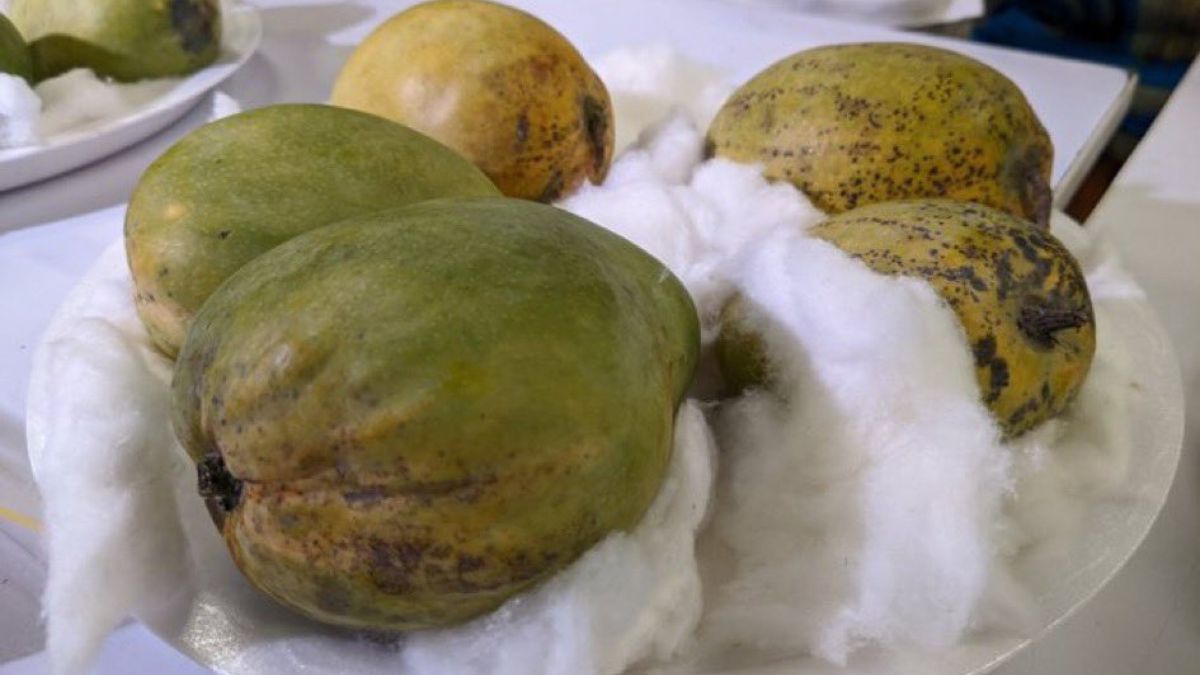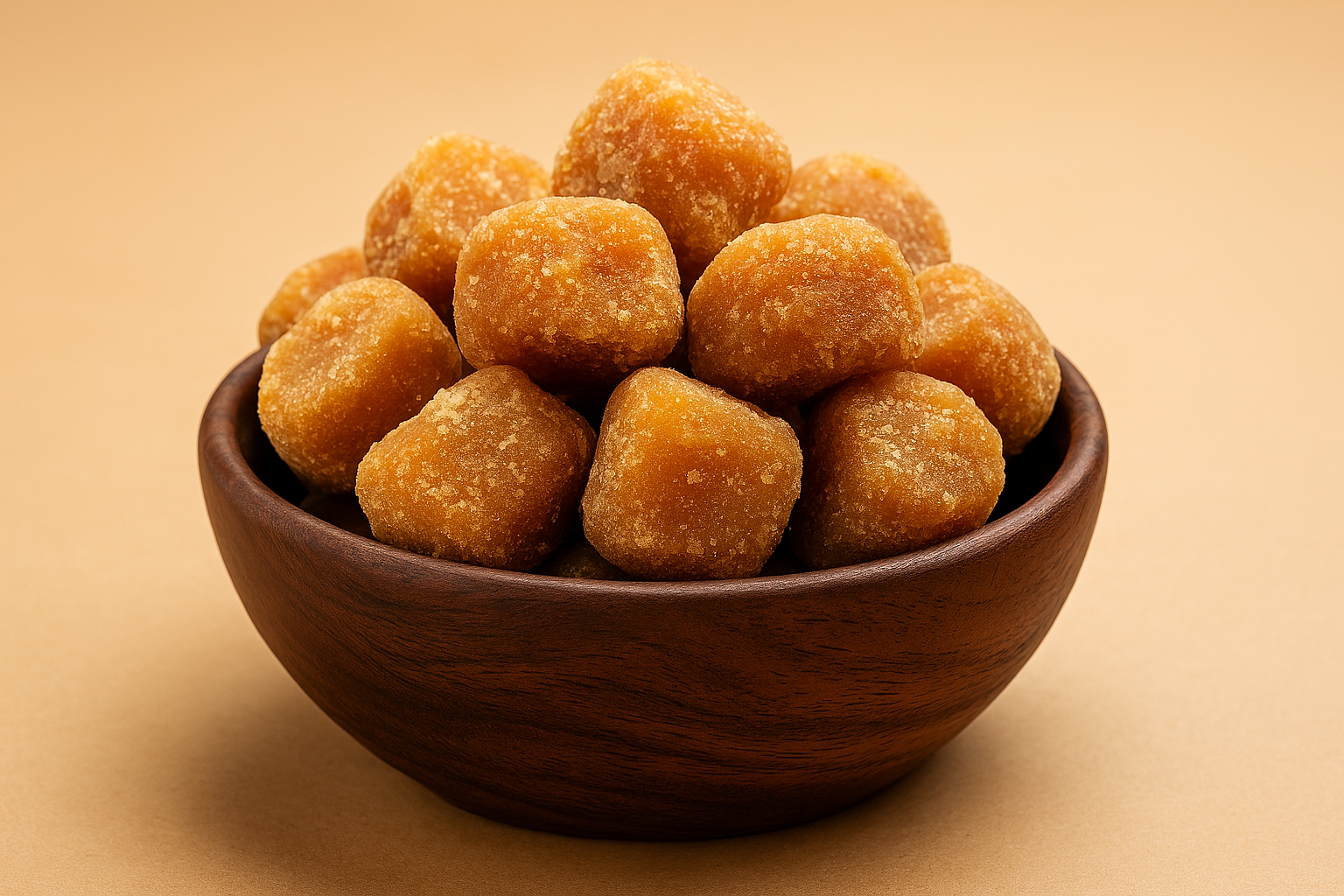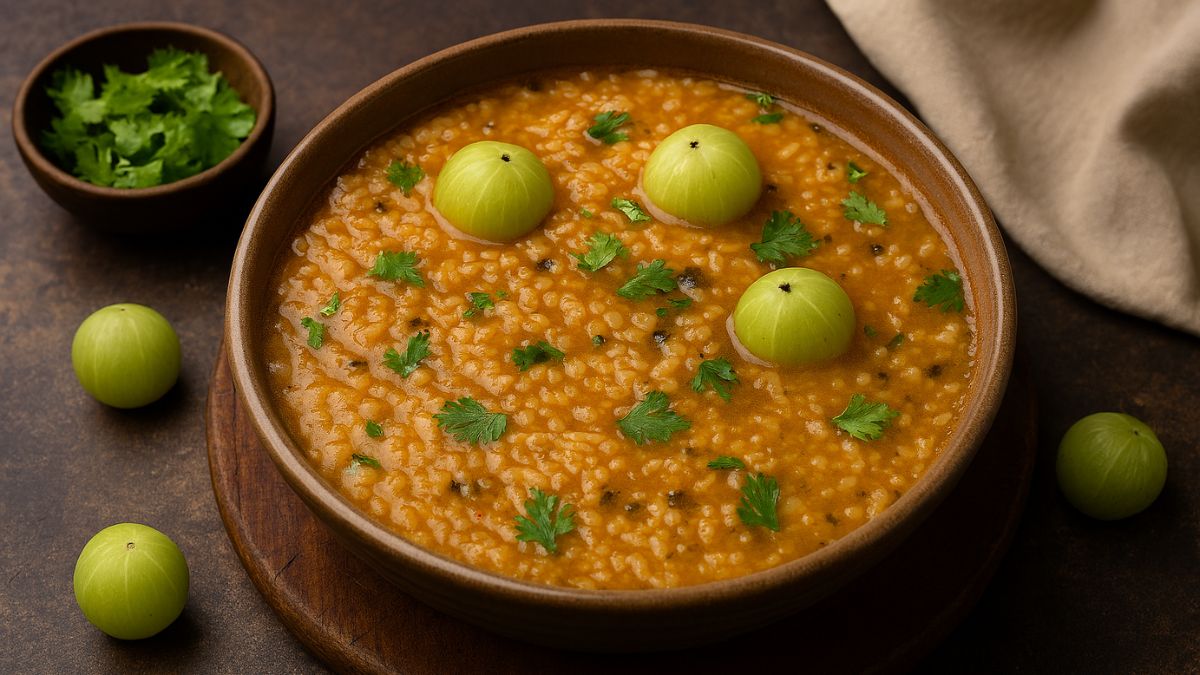We know how alcohol consumption can adversely affect one's health but this new research states that a father's drinking habit may have an impact on his son's preferences way before he is born! A recent study indicates that a father's habit of drinking in excess may get his offsprings (generally the male offspring) vulnerable to alcohol use disorder. "It is possible for alcohol to modify the dad's otherwise normal genes and influence consumption in his sons, but surprisingly not his daughters," said senior investigator Gregg Homanics, a professor at University of Pittsburgh School of Medicine in the US.There have been various studies conducted to indicate that alcoholism can run in families, especially from father to son, but only a few gene variants have been associated with "alcohol use disorder".
"We examined whether a father's exposure to alcohol could alter expression of the genes he passed down to his children," Homanics added.For the study, analysts chronically exposed male mice for over five weeks to ethanol vapor, causing the blood liquor levels to rise marginally higher than the legal limit of human drivers. They were then mated to females who had not been exposed to alcohol.The results showed that the adult male offspring of ethanol-exposed mice consumed less alcohol when it was made available and were less likely to choose to drink it over water. They were also more sensitive to the effects of alcohol on motor control and reduction of anxiety. The specialists plan to investigate other drinking models like binge drinking, how alcohol alters the genes and why female posterity seem unaffected. This study was published in journal PLOS ONE.With input from IANS
"We examined whether a father's exposure to alcohol could alter expression of the genes he passed down to his children," Homanics added.For the study, analysts chronically exposed male mice for over five weeks to ethanol vapor, causing the blood liquor levels to rise marginally higher than the legal limit of human drivers. They were then mated to females who had not been exposed to alcohol.The results showed that the adult male offspring of ethanol-exposed mice consumed less alcohol when it was made available and were less likely to choose to drink it over water. They were also more sensitive to the effects of alcohol on motor control and reduction of anxiety. The specialists plan to investigate other drinking models like binge drinking, how alcohol alters the genes and why female posterity seem unaffected. This study was published in journal PLOS ONE.With input from IANS
Advertisement










